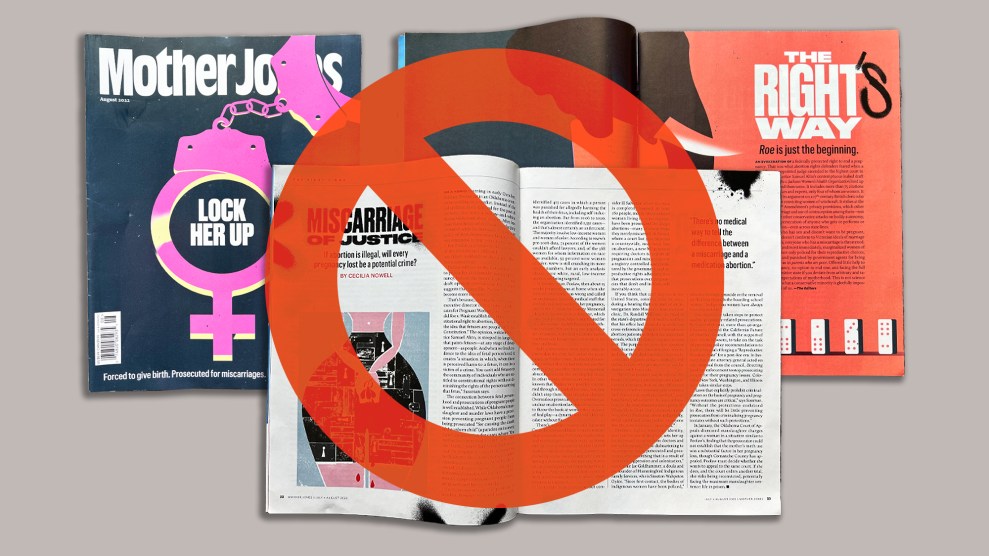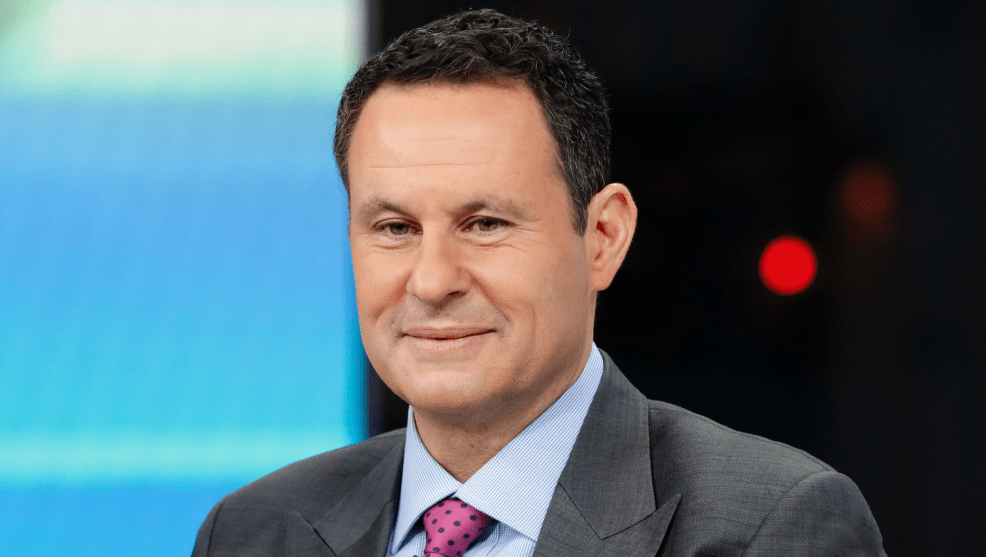
Marco Piraccini/ZUMA
On Monday, Vogue unveiled its September issue featuring Beyoncé who, as reported, had “unprecedented control” over her images and accompanying interview. The history-making issue, which features the first black photographer to shoot the magazine’s cover, offers a handful of candid personal details from the notoriously private singer, including her thoughts on her heritage and the significance of lifting young and diverse artists in creative fields.
“If people in powerful positions continue to hire and cast only people who look like them, sound like them, come from the same neighborhoods they grew up in,” she told Clover Hope, “they will never have a greater understanding of experiences different from their own.”
Beyoncé also shared her experience with an emergency C-section during the birth of her twins, Rumi and Sir, and the dramatic shift the difficult delivery caused in her body. She also revealed that she had suffered toxemia and was on bed rest for over a month. “After the C-section, my core felt different. It had been major surgery,” she wrote in a personal essay. “Some of your organs are shifted temporarily, and in rare cases, removed temporarily during delivery.”
“I am not sure everyone understands that. I needed time to heal, to recover.”
And with refreshing honesty, Beyoncé described her acceptance of her new body, one she described in Vogue as “curvier” and proudly featuring a “FUPA.” (For the uninitiated, that’s the acronym for Fat-Upper-Pussy-Area.) Let the body-positive quote serve as unofficial permission for women to appreciate their Beyoncé-approved FUPA.
To this day my arms, shoulders, breasts, and thighs are fuller. I have a little mommy pouch, and I’m in no rush to get rid of it. I think it’s real. Whenever I’m ready to get a six-pack, I will go into beast zone and work my ass off until I have it. But right now, my little FUPA and I feel like we are meant to be.
It’s here! @Beyonce stars on the cover of our September issue. Read the full story, in her own words: https://t.co/T7E2FbGDPn pic.twitter.com/GcX0ziiJD7
— Vogue Magazine (@voguemagazine) August 6, 2018







